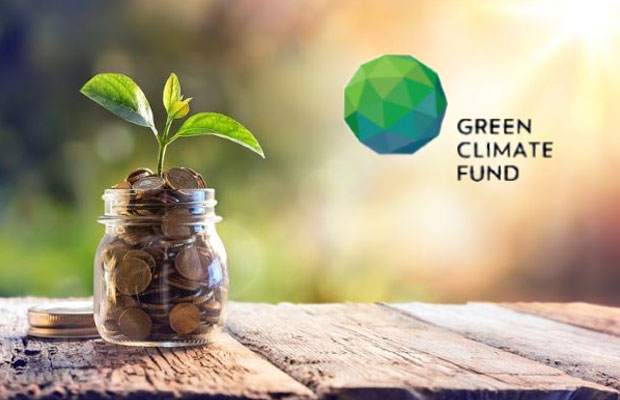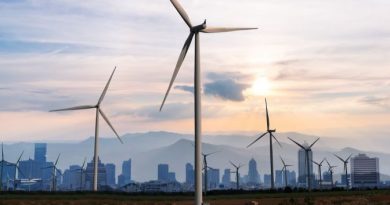27 Countries Pledge $9.776 bn to Replenish the Green Climate Fund

The shared urgency of addressing climate change took a big step forward with 27 countries pledging to replenish the Green Climate Fund (GCF) by USD 9.776 billion for the next four years. The resources will help developing countries reduce greenhouse gas emissions and adapt to the negative effects of global warming, such as rising sea levels, record temperatures, prolonged drought, and more frequent and severe weather events.
The amount pledged exceeds the USD 9.3 billion announced at the Fund’s previous pledging conference in 2014, even though some of those contributors have yet to pledge. Three-quarters of the countries increased their pledges in national currency. Nearly half of them doubled or more than doubled their pledges. This is a seventy percent increase in the fund’s programming resources on an annual basis. The United Kingdom, France, Germany, Japan and Sweden are the top contributors. The Fund will continue receiving contributions in the coming four years.
The pledges demonstrate strong and continued confidence in the Fund’s unique ability to promote a paradigm shift towards low-emission, climate-resilient development. In particular, these commitments will enhance the Fund’s ability to support developing countries to design and deliver ambitious climate action plans. By 2020, governments are expected to submit updated plans, known as Nationally Determined Contributions (NDCs), which are key to the Paris Agreement.
“I appeal to all participants to provide significant resources during this conference,” said United Nations Secretary-General António Guterres. “Developing nations, particularly those on the front lines of climate change, need your contributions. Some 100 countries are already benefitting. An ambitious replenishment will enable the Fund to continue to promote adaptation, resilience and carbon-neutral development in developing countries.”
Investments supported by the Green Climate Fund are already transforming lives in 99 developing countries across the planet, including by:
- closing the energy gap for the power deficient in Rwanda and Kenya;
- helping Mongolians transition to renewables and reduce dangerous air pollution;
- building the resilience of water supplies in Barbados;
- and improving the climate resilience of Berber women in Morocco through sustainable farming practices that also boost local livelihoods.
To achieve maximum impact, the Fund’s public investment boosts the climate action capacities of developing countries and helps unlock private sector markets of low-emission, climate resilient innovation. Every USD 1 billion invested in the Fund spurs nearly USD 3 billion in additional financing, including from recipient countries.




